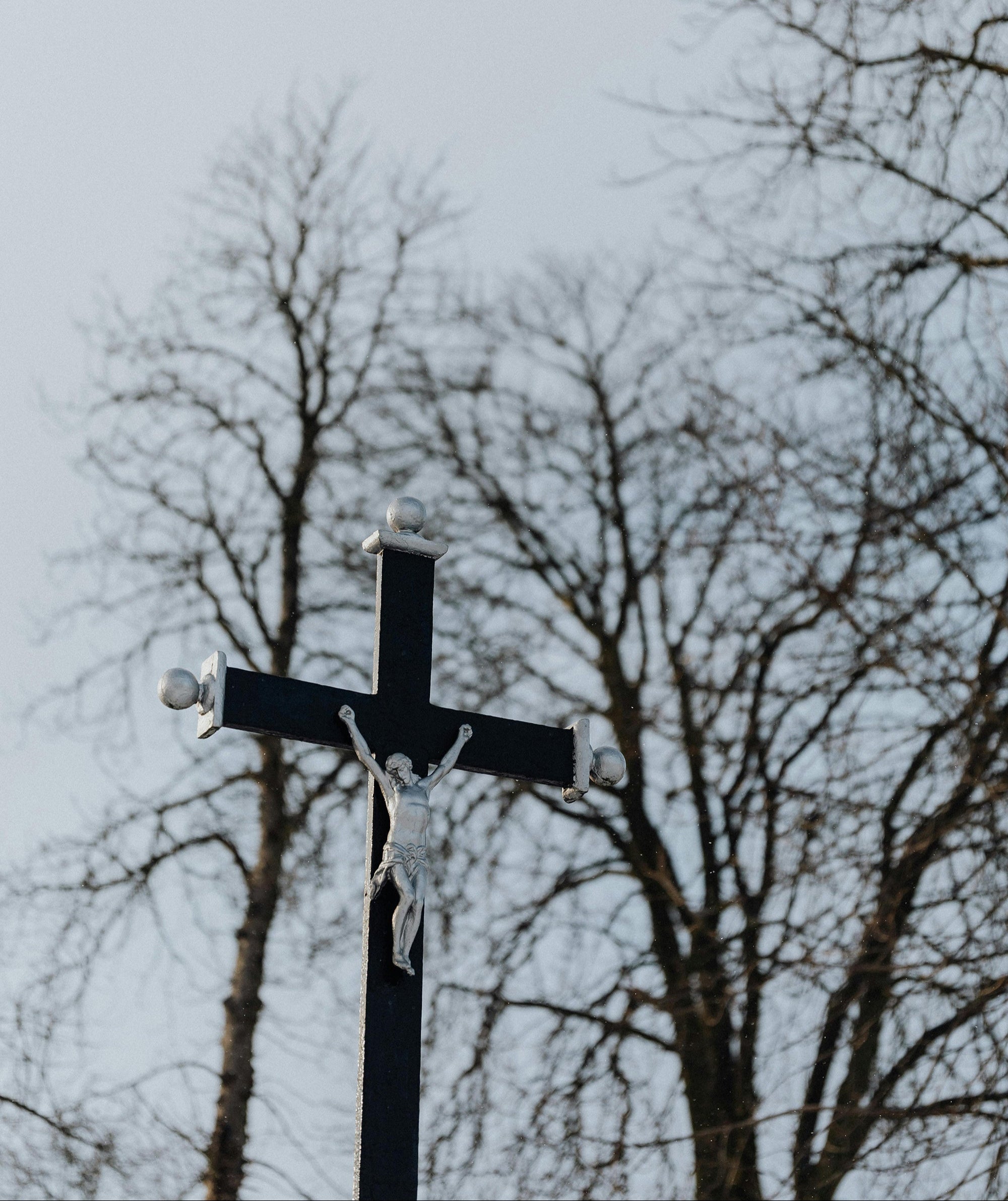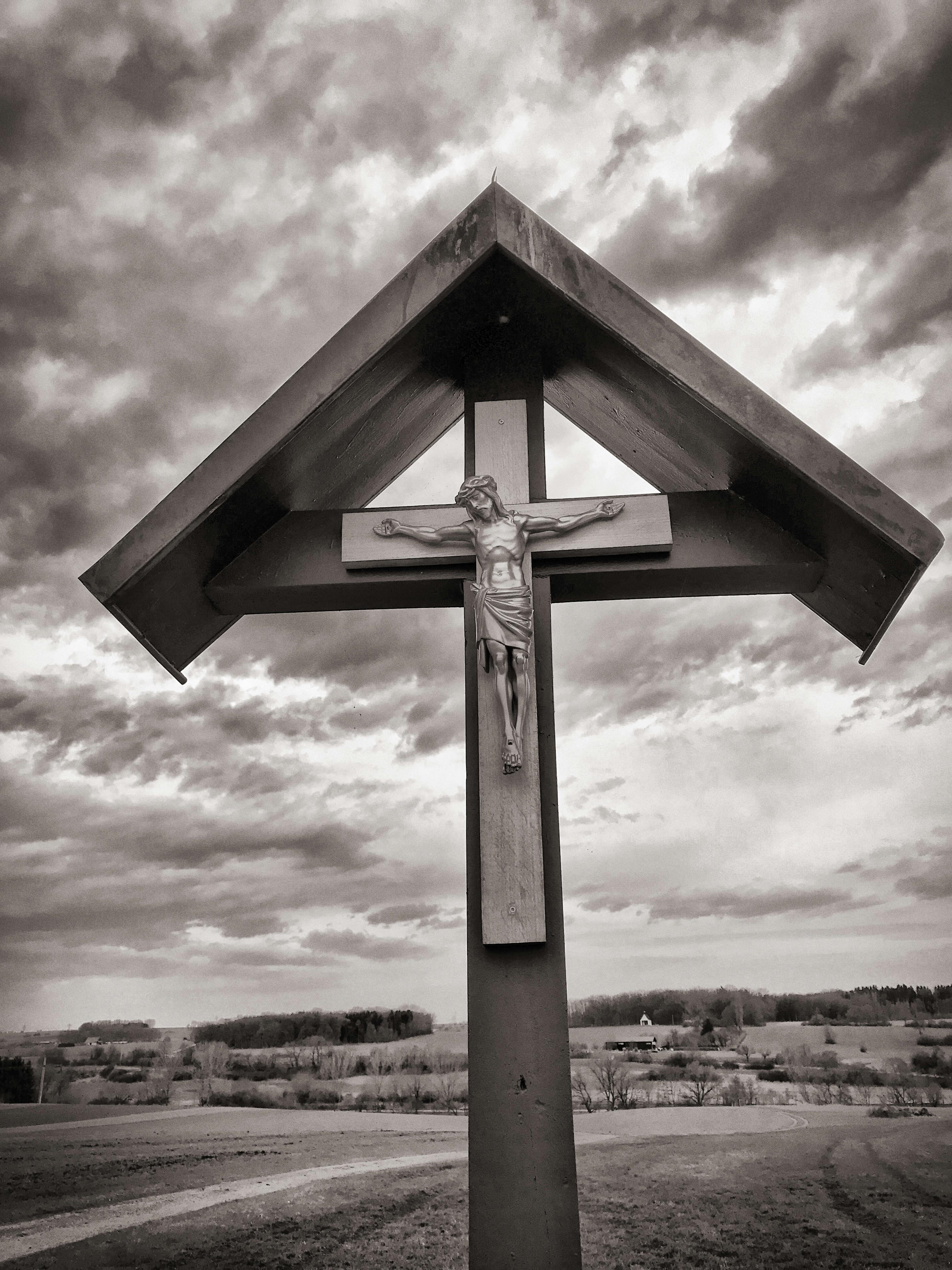The Crusades: A Deeper Look Beyond the Surface
The Crusades are often viewed as a religious war, with Christianity portrayed as the aggressor seeking to expand its influence. However, history is rarely as straightforward as it seems. To fully understand the true nature of these expeditions, it is crucial to examine the broader historical context that led to them. The Crusades were not merely an act of aggression but rather a response to centuries of territorial losses, persecution, and a growing need to defend Christian communities.
1. The Forgotten History: Muslim Conquests Before the Crusades
Long before the First Crusade was launched in 1095, the Christian world had already experienced centuries of territorial loss and oppression. Following the rise of Islam in the 7th century, Muslim forces rapidly expanded, conquering lands that had been predominantly Christian for centuries.
By 730, key Christian regions had fallen under Muslim control, including: Jerusalem (638), Egypt, Syria, North Africa, Spain.
These were not just political takeovers but also significant cultural and religious shifts that reshaped the Mediterranean world.
In these newly occupied territories, Christians faced severe oppression, including:
Religious taxes (jizya): Christians had to pay a heavy tax simply to practice their faith.
Restrictions on property ownership: Many Christians lost their lands and businesses.
Prohibitions on church construction: Building new churches or even repairing old ones was often forbidden.
One of the most infamous rulers of this period was Caliph Al-Hakim (11th century), who ordered the destruction of Christian churches, including the Church of the Holy Sepulchre in Jerusalem—one of the most sacred sites in Christianity. His reign saw harsh laws imposed on both Christians and Jews, further escalating tensions.
2. The Breaking Point: The Massacre of 1065
While Christian oppression had been occurring for centuries, the massacre of more than 12,000 Christian pilgrims in 1065 became the tipping point. These unarmed pilgrims, traveling to the Holy Land, were attacked and slaughtered by Muslim forces.
This event, combined with ongoing persecution and territorial losses, made it clear to Christian leaders that they could no longer remain passive. If they did not act, Christian communities in the East could be completely wiped out.
3. The Call for Action: The First Crusade (1095)
Recognizing the growing threat, Pope Urban II delivered one of the most influential speeches in medieval history in 1095, urging Christian knights to rise in defense of their faith and fellow believers. His speech was not just a call to war but a plea for:
- The protection of Christian communities in the East.
- The liberation of Jerusalem and other sacred Christian sites.
- The unification of Christian Europe under a common cause.
This speech ignited a movement that would shape world history - the beginning of the First Crusade, which saw thousands of knights and soldiers marching toward the Holy Land.
4. The Crusades: A War of Just Cause or a War of Bloodshed?
While the Crusades initially began as a defensive response, they were not without their own moral failings. Like all wars, innocent lives were lost, and violence sometimes extended beyond its original mission.
However, what is often overlooked in modern narratives is that the Crusades were not an unprovoked attack by Christianity—they were a reaction to centuries of Muslim conquests and Christian oppression. It is essential to evaluate historical events within their proper context, rather than applying modern biases to medieval conflicts.
5. Understanding the Crusades Beyond the Myths
The Crusades remain one of the most debated topics in history, with interpretations often influenced by religious, political, and cultural perspectives. Were they a necessary defense against oppression, or did they evolve into a war driven by power and conquest?
One thing is certain: the Crusades were not simply a battle of good versus evil. They were a complex series of events rooted in centuries of history, conflict, and survival. To judge them fairly, we must move beyond oversimplified narratives and recognize the broader historical forces that shaped them.
What are your thoughts on the Crusades? Were they a justified defense of Christian lands, or a tragic chapter of religious warfare?





















